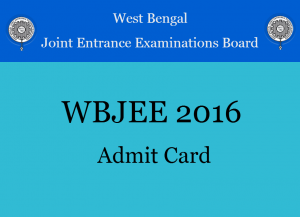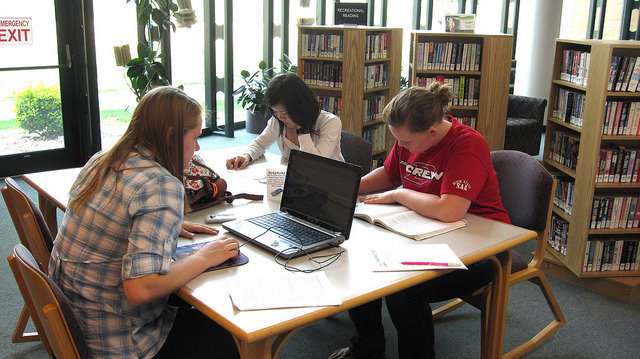There are many forms of success: social happiness, financial success, work success, being loved, and satisfied with life, but one thing is certain – all parents want their kids to achieve success. In order for our children to achieve this bliss in life, they need to be smart. And like many children, there are, there as many ways of being smart, but parents can be the essential factor in raising a little genius. So, if you are seeking ways of ensuring a great life for your child, you need to seek ways of challenging their brain.
Raising an Open Mind
In order to become smart children need to learn and experience new things. Keeping an open mind about the world allows them to intake new knowledge which increases their intelligence and overall capacities. From an early age, allow your kids to discover the world around them, and take in everything. Raising an open-minded and tolerant child will ultimately result in familiarity with learning, where children are not afraid to experience new and interesting things.
Catering to Your Child’s Unique Learning Style
Each child also learns its own way, and there are three main learning methods: visual, auditory and kinesthetic. Each targets a different sensory system and finding your child’s main preference, as well as refining all three ensures a smart and individualized approach to learning. Creative arts and crafts projects, pictures, and coloring all tend to the needs of a visual learner.
Reading out loud, repetition, speaking out information out loud, or learning through song can be a sure-fire way to satisfy the auditory preferences. On the other hand, dancing, learning through movement, or as part of a game can improve their kinesthetic learning.
A Fun Approach to Learning
Using play as a way to teach kids has enormous potential of developing a healthy attitude towards learning. Young kids use playing games and toys as a way to make sense of the world and is therefore only natural to use it to improve their intellect.
Toys play a major impact on skill development and problem-solving games like puzzles and Lego’s target logical thinking, problem-solving skills, but also improves creativity. On the other hand, kids adore their video games, and incorporating math, language, and science by providing free video games to kids, such as Poptropica, can improve their skills, and overall cognitive stage development.
The Value of Reading
Incorporating reading into your child’s upbringing, not only expands existing mental abilities but also teaches them to make it part of their lives. During the early years, reading to children stimulates their language acquisition, and positively affect their imagination and creativity. Later, when kids learn to read, and reading becomes a habit, and providing them the best children’s books is a must.
By reading people are able to use their senses and emotions, in order to understand the material. This, in turn, sparks imagination, inspiring and motivating children to create stories, as a way to resolve problems and accept any challenge that comes their way.
Increasing a Brain’s Physical Properties
Since a healthy mind requires a healthy body and brain food to grow and expand, kids need exercise and diet that can make them smarter. Eating regularly and incorporating Omega-3 essential fats into their diet, helps increase brain mass, improving synaptic connections. This is seen through heightened concentration and ability to intake information. On the other hand, regular exercise and a healthy lifestyle can increase lung capacity and regulate healthy sleep patterns. That also allows brain matter to store data and increase thinking rate.
In the end, it is important to remember that all kids have the ability to become smart, but in order to create a little genius, kids need a little nudge. By providing them with a healthy environment in which they can grow, you, the parent, are helping them raise their intellect, and ultimately paving their path to success.






















